Social Computing
By analyzing natural social interactions and applying behavioral theories, social computing researchers have identified what makes online social interaction and communities successful and how to build better collaborative digital user experiences.
HCII faculty for decades have been leaders in research on computer-supported cooperative work, computer-mediated communication, the analysis and design of online communities, and investigating the social impacts technology has on society.
Today, social computing platforms and tools are a part of everyday life for many. For example, Wikis enable users to collaboratively edit content and share knowledge; industry-specific platforms offer community and collaboration (eg. GitHub for developers); platform-based workers (eg. ridesharing, freelancing, or crowdsourcing) find work and community online; and social networking platforms provide online space for community groups and real-time communication.
Students who want to learn more about social computing might be interested in the following HCII courses:
-

CMU at CSCW 2025
NEWSCarnegie Mellon University authors contributed to 27 papers accepted to the 2025 ACM Conference on Computer-Supported Cooperative Work and...
-

Empowering Everyday Folks To Audit AI
NEWSResearchers from the CMU School of Computer Science developed a tool that helps users test AI tools to discover issues like biases that de...
-
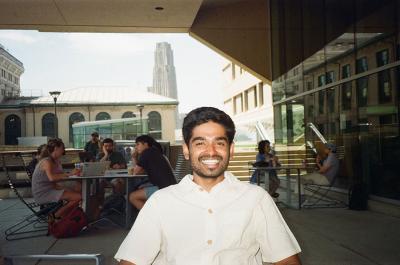
HCII Alum Reimagines Online Spaces for All
NEWSHow we spend time online and participate in virtual spaces can impact how we show up offline, at everything from town halls to book clubs....
-

Is AI Becoming Selfish?
NEWSNew research from Carnegie Mellon University's School of Computer Science shows that the smarter the artificial intelligence system, the m...

PolicyCraft
PROJECTCommunity and organizational policies are typically designed in a top-down, centralized fashion, with limited input from impacted stakeholders. This can r...
-
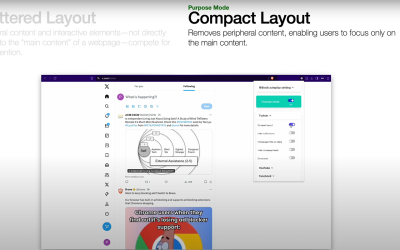
Purpose Mode Helps Social Media Users Stay Focused on Their Desired Tasks
NEWSIf you’re an active user of social media platforms, chances are you’ve felt distracted on more than one occasion while staring at your pho...
-
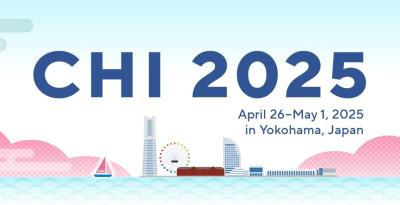
CMU at CHI 2025
NEWSOur halls are abuzz with talk of “CHI” (pronounced “kai”), the nickname for the upcoming conference on computer human interaction (CHI). ...
-

Siri, It Hurts When You Constantly Misunderstand Me. You too, Alexa
NEWSUsers of voice assistants such as Siri, Alexa or Google Assistant know the frustration of being misunderstood by a machine. But for people...
-
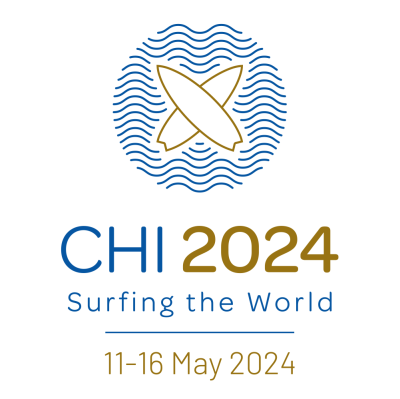
CMU at CHI 2024
NEWSResearchers from the Human-Computer Interaction Institute (HCII) and several other Carnegie Mellon University schools and disciplines cont...
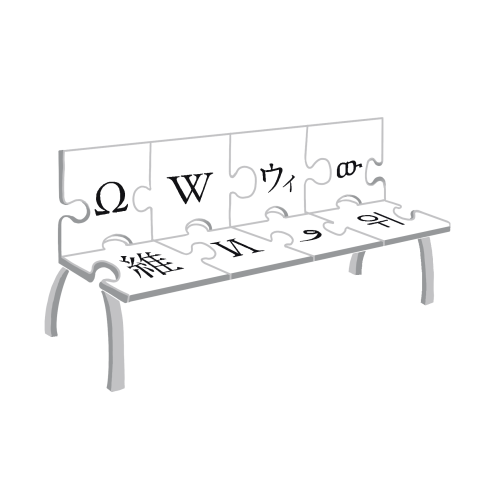
Wikibench
PROJECTAI tools are increasingly deployed in community contexts. However, datasets used to evaluate AI are typically created by developers and annotators outside...
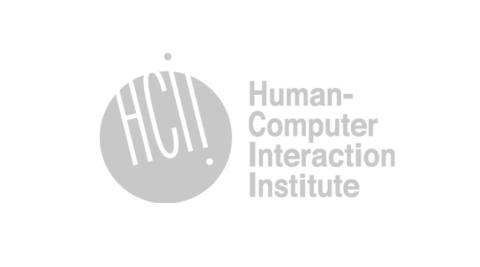
What Makes Digital Support Effective?
PROJECTOnline mental health support communities have grown in recent years for providing accessible mental and emotional health support through volunteer counsel...
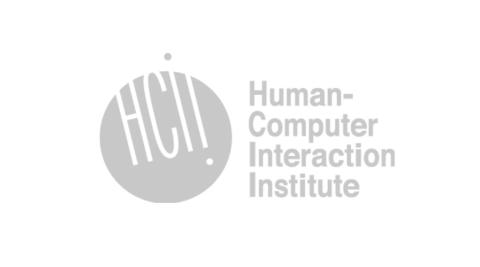
Shaping Online Dialogue
PROJECTCommunity rules play a key part in enabling or constraining the behaviors of members in online communities. However, little is unknown regarding whether a...

